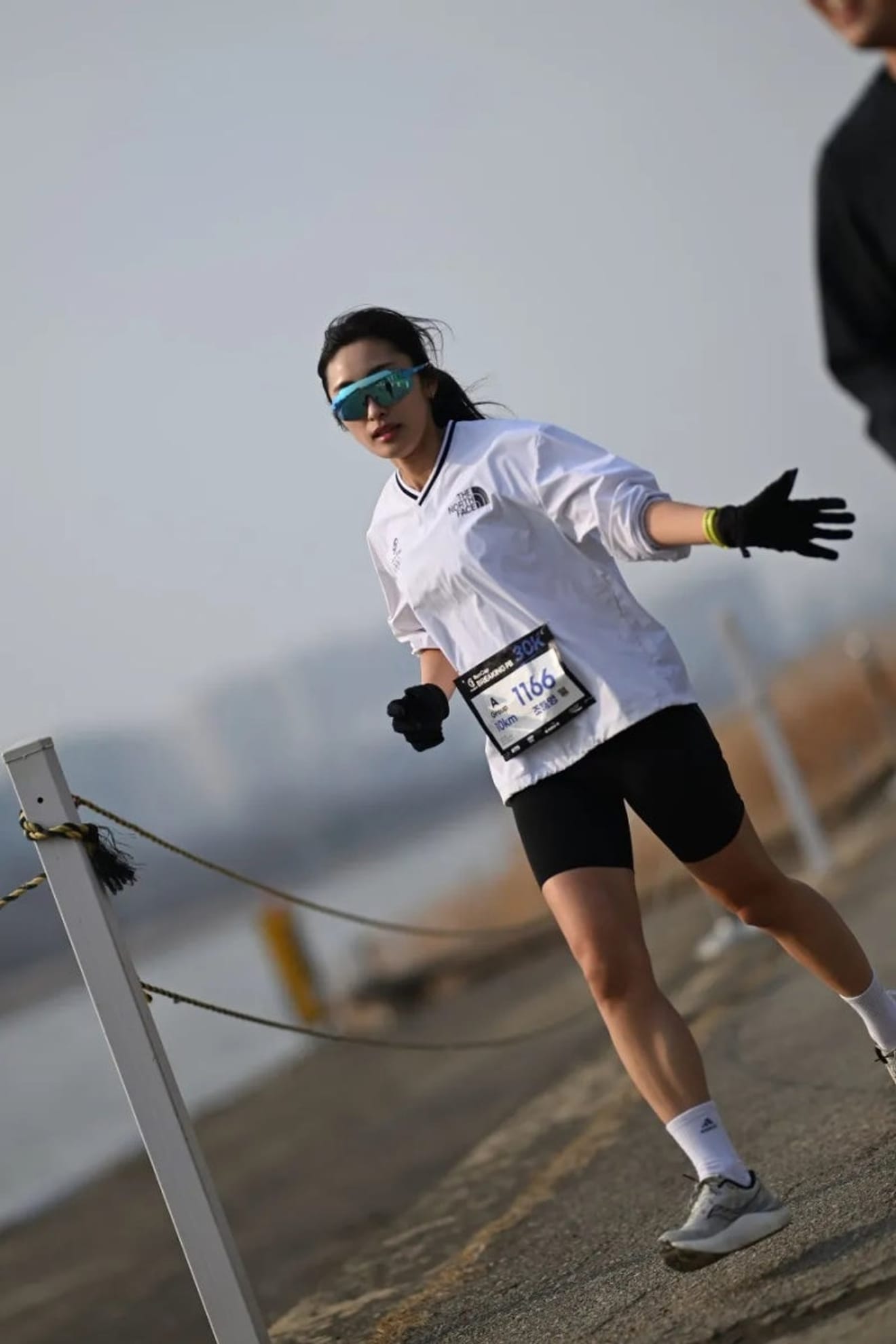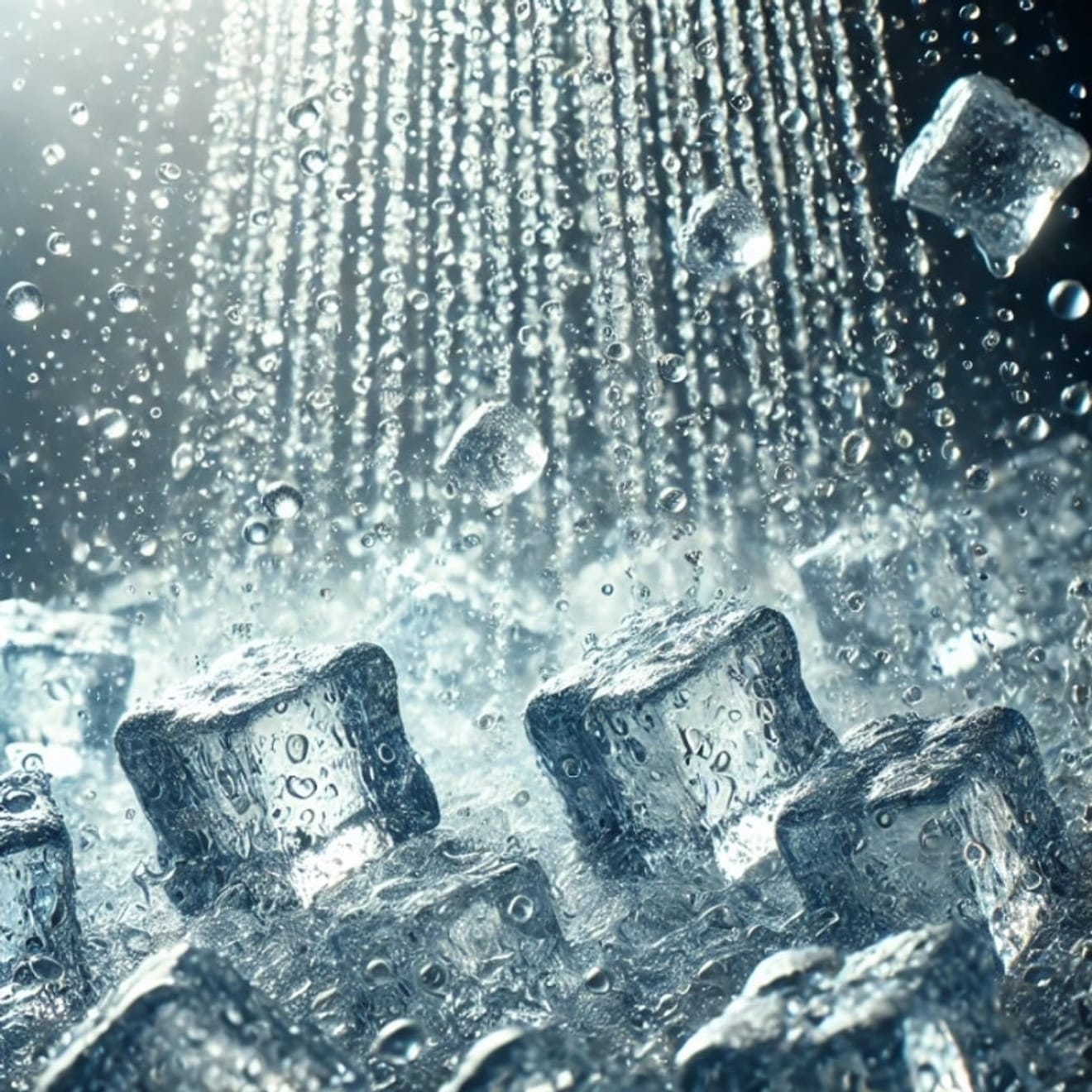Subject
- #Blood Circulation
- #Inflammation Reduction
- #Exercise Recovery
- #Cold Showers
- #Muscle Growth
Created: 2025-02-22
Created: 2025-02-22 19:25
Hello, I'm a 10-year veteran runner <span>#runninghaeyoung</span>. Today, I'm going to explore the effects of cold water showers after exercise on recovery and fatigue relief.
I'll explain the positive and negative effects of cold water immersion (CWI) on the body's response after exercise, and the correct way to use it.

Physiological Effects of Cold Showers 🚿❄️
Main effects of cold water showers after exercise: - Inflammation reduction: It has been reported to suppress the secretion of inflammatory cytokines (Interleukin-6, TNF-α), reducing muscle damage. This can contribute to relieving delayed-onset muscle soreness after exercise. - Improved blood circulation: Exposure to cold water causes blood vessels to constrict sharply and then dilate, increasing blood flow. This can be effective in removing metabolic waste products (lactate) (Versey et al., 2013). - Reduced edema: Cold temperatures induce vasoconstriction, which has been reported to inhibit edema formation (Wilcock et al., 2006). Long-distance runners should pay special attention to this, right? - Nervous system activation: It stimulates the sympathetic nervous system to reduce fatigue and induce mental arousal, helping to improve concentration and relieve post-exercise lethargy. However, cold water showers don't always have a positive effect!

Cold Showers and Strength Training 🏋️♂️
Recent studies have shown that cold water showers can negatively affect muscle growth after strength training. - Possible inhibition of muscle protein synthesis (MPS): According to a study by Figueiredo et al. (2016), the mTOR signaling pathway, related to muscle growth, was suppressed in the group that used cold water immersion after strength training. - Long-term decrease in muscle growth: A study by Roberts et al. (2015) reported that the group using cold water immersion after 10 weeks of strength training showed less muscle growth than the control group. After strength training, thermotherapy (warm shower) for promoting blood flow may be more beneficial, but if muscle pain relief is a priority, a cold shower may help in the short term.


When is a cold shower effective? ⏳
Proper timing is crucial to maximizing the effects of a cold shower. Cases where cold showers are beneficial: High-intensity aerobic exercise or marathons, etc. Effective in reducing leg fatigue and edema, so it's suitable for frequent competitions. Or after exercising in a hot environment, it's suitable for quickly lowering body temperature and reducing fatigue caused by the heat. Cases where cold showers should be avoided: After strength training: It may inhibit muscle protein synthesis. If an immune response is needed after exercise: It can suppress the natural inflammatory response and hinder recovery.
Conclusion
If muscle growth (hypertrophy) and strength improvement are the goals? - It's best to avoid cold showers immediately after exercise. - Instead, a warm shower or lukewarm water (37-40°C) shower is beneficial for increasing blood flow! If rapid recovery is needed (consecutive competitions, marathons, etc.)? Consider 5-10 minutes after exercise. However, long-term use may hinder muscle growth.
Comments0